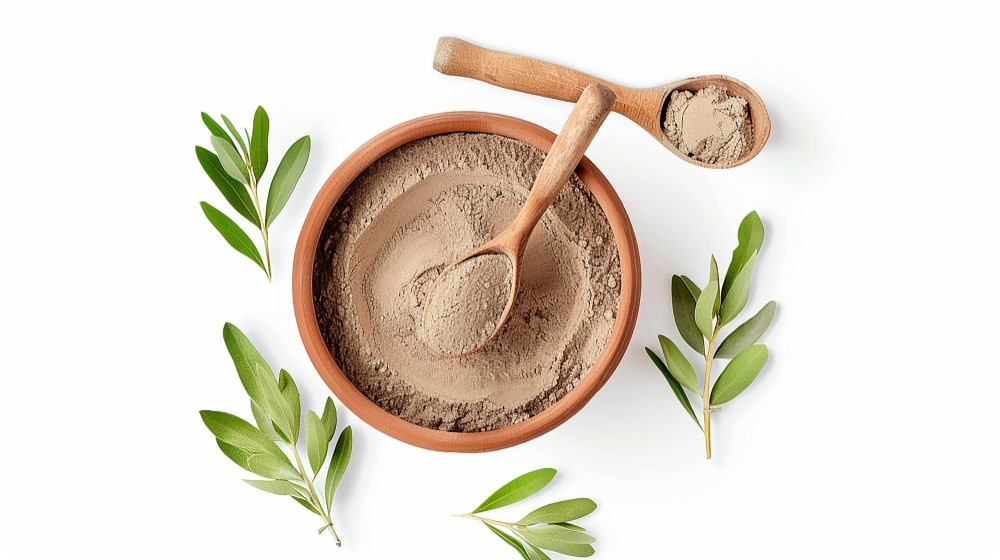Ayurveda for Kidney: Treatment, Herbs & Cleansing
The kidneys are vital organs responsible for detoxifying the body, regulating blood pressure, and balancing fluids and electrolytes. Maintaining healthy kidneys is essential for overall well-being. Ayurveda, the ancient Indian system of medicine, provides a natural, holistic approach to kidney health. By focusing on balancing the body’s doshas (Vata, Pitta, and Kapha), Ayurveda helps prevent and treat kidney issues while promoting longevity and vitality. This article explores Ayurvedic medicine for kidney health, key herbs, and treatments designed to cleanse and support optimal kidney function.

Ayurvedic Perspective on Kidney Health
In Ayurveda, the kidneys are closely associated with the balance of the Kapha and Pitta doshas. Kapha governs the fluids and structure within the body, while Pitta controls metabolism and transformation processes like digestion. Imbalance in these doshas can result in kidney problems such as kidney stones, inflammation, or chronic kidney disease. Ayurveda aims to balance these doshas, ensuring the smooth functioning of the kidneys and preventing toxin accumulation, which could harm kidney tissues.
Ayurvedic Treatment for Kidney Health
Kidney ayurvedic treatment focuses on lifestyle changes, diet, and herbal remedies to restore the balance of doshas. The treatments not only address the symptoms but also target the root cause of kidney disorders, offering a more comprehensive healing approach. Here’s how Ayurveda treats kidney-related issues:
1. Detoxification (Panchakarma)
One of the most effective methods of treatment in Ayurveda is Panchakarma, a detoxification process that helps cleanse the kidneys and remove toxins. Panchakarma includes therapies such as
- Virechana (Therapeutic Purging): This helps in eliminating toxins, specifically for patients with excess Pitta, thereby reducing inflammation and restoring balance.
- Basti (Herbal Enema): It’s used to balance Vata dosha, which plays a key role in the excretion of toxins. By cleansing the colon, it helps regulate kidney function and supports healthy fluid balance.
2. Dietary Recommendations
Diet plays an integral role in kidney cure in Ayurveda. A balanced diet that pacifies Kapha and Pitta can significantly improve kidney health. Here are a few general dietary guidelines for maintaining kidney health according to Ayurveda:
- Hydration: Drinking enough water is essential to keeping the kidneys healthy, but Ayurveda recommends sipping warm water or herbal teas to facilitate proper digestion and detoxification.
- Avoid heavy, salty, and oily foods: Foods high in salt, fat, and sugar can increase Kapha and lead to kidney issues. Processed foods, red meat, and fried items should be avoided.
- Increase light, diuretic foods: Fruits like watermelon, cucumber, and grapes act as natural diuretics, promoting the cleansing of the kidneys.
- Incorporate cooling foods: Foods such as coconut water, leafy greens, and coriander help cool the body and pacify Pitta dosha, preventing kidney inflammation.
3. Lifestyle Adjustments
Ayurveda emphasizes the importance of a balanced lifestyle to support kidney function. Following a daily routine that incorporates regular exercise, stress management, and proper sleep is essential for maintaining healthy kidneys.
- Exercise: Regular physical activity, especially gentle exercises like yoga and walking, can stimulate proper kidney function by promoting blood circulation and detoxification.
- Stress management: Excess stress can lead to imbalances in the doshas, particularly Vata, contributing to kidney issues. Meditation, Pranayama (breathing exercises), and mindfulness practices are effective ways to manage stress.
- Sleep: Proper sleep is crucial for kidney health. Ayurveda recommends going to bed early and waking up before sunrise to ensure the body’s detoxification processes are fully supported.

Explore natural remedies like Punarnava, Gokshura, and Kaishore Guggul to cleanse and rejuvenate your kidneys. Embrace Ayurveda’s holistic approach to kidney wellness.
Ayurvedic Herbs For Kidney Health
Ayurvedic herbs are highly effective in improving kidney function and preventing disorders. These herbs, known for their diuretic, anti-inflammatory, and detoxifying properties, have been used for centuries to cleanse and rejuvenate the kidneys. Some key ayurvedic herbs for kidney health include:
1. Punarnava (Boerhavia Diffusa)
Punarnava is one of the most commonly prescribed herbs in ayurvedic kidney treatment. It acts as a natural diuretic and helps in reducing water retention, which is beneficial for those with kidney disorders. It also supports the detoxification of the kidneys and prevents the formation of kidney stones.
Benefits: Detoxifies kidneys, reduces swelling, improves fluid balance.
2. Gokshura (Tribulus Terrestris)
Gokshura is widely used in ayurvedic medicine for kidney health because of its ability to strengthen kidney function and improve the excretion of toxins. This herb also has anti-inflammatory properties and can help manage urinary tract infections, which may contribute to kidney damage if left untreated.
Benefits: Promotes healthy kidney function, prevents urinary infections, reduces inflammation.

3. Varun (Crataeva Nurvala)
Varun is another potent herb used in kidney ayurvedic treatment. It helps in dissolving kidney stones and reduces the risk of developing new ones. Varun also supports the healthy functioning of the bladder and kidneys by promoting urine flow and detoxification.
Benefits: Dissolves kidney stones, supports bladder health, improves detoxification.
4. Triphala
Triphala, a combination of three fruits—Amla, Haritaki, and Bibhitaki—is known for its cleansing properties and is commonly used for maintaining overall health, including kidney function. It helps detoxify the kidneys and enhances digestion, which plays a key role in preventing toxin buildup in the body.
Benefits: Detoxifies kidneys, improves digestion, supports overall health.
5. Chandraprabha Vati
This classical Ayurvedic formulation is highly effective in treating kidney problems. Chandraprabha Vati contains a mix of herbs that work synergistically to reduce inflammation, cleanse the kidneys, and balance the doshas, particularly Kapha.
Benefits: Reduces inflammation, balances doshas, detoxifies the kidneys.
Ayurvedic Kidney Cleanse
A kidney cleanse in Ayurveda involves a combination of herbal remedies, detoxifying diets, and lifestyle modifications aimed at clearing out toxins (Ama) from the kidneys. One recommended practice is Ushapana, which involves drinking a glass of warm water first thing in the morning to flush out toxins. Additionally, herbal teas made from coriander, cumin, and fennel seeds can promote kidney cleansing and support urinary function.
Ayurvedic Kidney Cleanse Tips:
- Drink plenty of warm water: Staying hydrated with warm water helps flush out toxins and prevent kidney stones.
- Consume diuretic teas: Herbal teas made from ingredients like Gokshura and Punarnava can assist in cleansing the kidneys.
- Practice detoxifying yoga postures: Certain yoga poses, such as Bhujangasana (cobra pose) and Paschimottanasana (seated forward bend), can stimulate kidney function and aid in detoxification.

Conclusion
Ayurveda offers a holistic approach to kidney health by addressing the root causes of imbalances and focusing on long-term solutions through lifestyle, diet, and herbs. By incorporating ayurvedic treatment for kidney health, you can prevent kidney disorders, enhance detoxification, and maintain overall vitality. Whether it’s herbs like Punarnava and Gokshura, or practices like Panchakarma and stress management, the Ayurvedic system provides comprehensive care for maintaining optimal kidney function.












